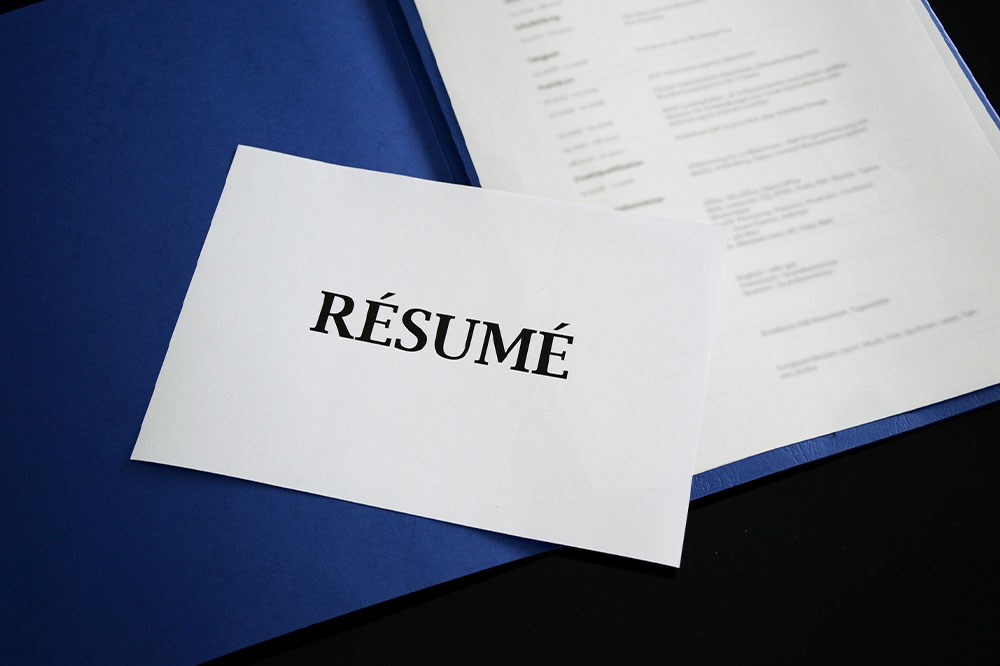Essential Tips to Avoid Common Resume Mistakes and Boost Your Job Prospects
Learn essential strategies to craft a compelling resume by avoiding common mistakes that can hurt your job prospects. This comprehensive guide emphasizes key resume components, formatting tips, and customization techniques to showcase your strengths and stand out to recruiters. Improve your resume today to increase your chances of landing your dream job with confidence and professionalism.

Essential Tips to Avoid Common Resume Mistakes and Boost Your Job Prospects
Securing your dream job starts with a meticulously crafted resume. Your resume is more than just a summary of your professional background; it’s your first impression and a vital tool that can determine whether you move forward in the hiring process. An effective resume should clearly articulate your skills, accomplishments, and experiences in a way that catches the recruiter’s eye and showcases your suitability for the role. However, many job seekers fall into common traps that diminish their chances. Identifying and avoiding these pitfalls can significantly enhance your resume’s impact.
Understanding the Fundamental Components of a Resume
A resume, derived from the French term meaning “summary,” encompasses a snapshot of your professional journey. It needs to be concise yet comprehensive, presenting your education, work history, core competencies, and achievements succinctly. Crafting a compelling resume involves organizing this information effectively to make it easy for recruiters to identify your strengths quickly.
Typically, a well-structured resume includes five key sections:
Contact Details
Position this section at the top of your resume, featuring your full name, professional email, and reliable phone number prominently. Use a larger font size to ensure visibility and that the contact information is easily accessible to recruiters.
Professional Summary
This brief statement should encapsulate your key strengths, career goals, and what you bring to a potential employer. Replace generic objectives with a compelling summary that highlights your unique value proposition.
Educational Background
Summarize your academic credentials, including degrees earned, institutions attended, and relevant certifications or specialized training. Keep this section concise, focusing on information relevant to the job you’re applying for.
Work Experience
Detail your previous roles with focus on positions relevant to the target job. Include company names, dates of employment, key responsibilities, skills used, and notable achievements or contributions. Use action verbs and quantify results when possible.
Skills Section
Showcase a balanced mix of technical skills (such as software proficiency, machinery operation, etc.) and interpersonal skills (like communication, teamwork, leadership) tailored specifically to the role. This offers a quick snapshot of your capabilities.
Avoid These Common Resume Mistakes
Your resume should serve as a tool to open doors, not close them. Certain errors can severely damage your chances:
Spelling and Grammar Errors: Flaws in language can suggest a lack of professionalism and attention to detail. Carefully proofread your resume or have someone else review it to catch errors.
Ignoring Keywords from the Job Description: Many companies now use Applicant Tracking Systems (ATS) to filter resumes. Incorporate relevant keywords and phrases from the job posting to help your resume pass these automated scans.
Poor or Inconsistent Formatting: A cluttered, inconsistent layout can make your resume difficult to read. Use clear headings, bullet points, and uniform font styles to ensure a professional appearance.
Using a Generic Resume for All Applications: Tailor your resume for each role, emphasizing the skills and experience most relevant to each position. Personalization shows genuine interest and understanding of the role.
By paying attention to these details and avoiding common mistakes, you can craft a resume that truly highlights your strengths and maximizes your chances of landing interviews. Remember, your resume is your personal marketing document—make it count! Now, take these insights and start building a resume that opens doors to your next career opportunity. Stay confident and persistent—your ideal job is within reach!





